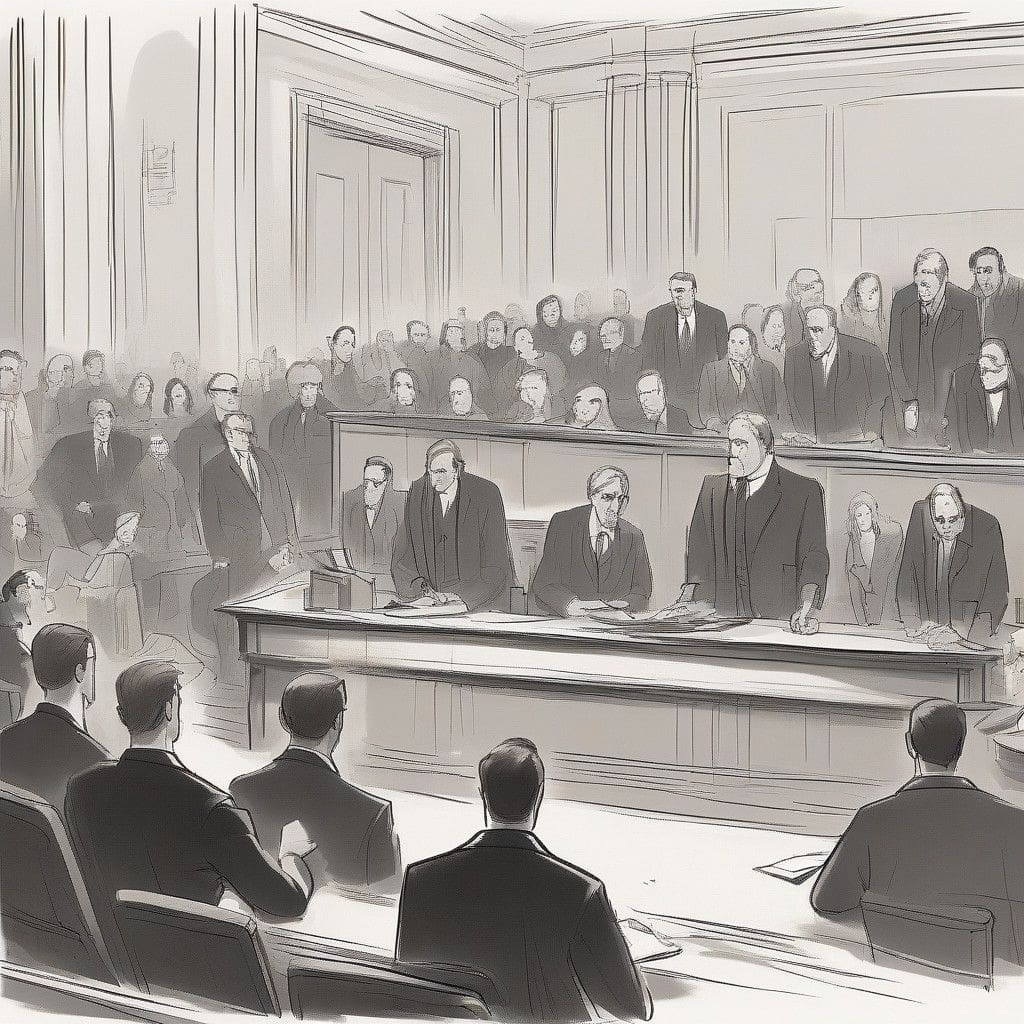Missouri Attorney General Andrew Bailey has launched an investigation into Google, alleging that the tech giant engages in censorship of conservative perspectives. This announcement comes amidst heightened tensions in the political landscape as the nation approaches what Bailey deems “the most consequential election in our nation’s history.” His comments were made public through a social media post on platform X, where he criticized Google as “the biggest search engine in America” for purportedly demonstrating bias in its search algorithms.
The allegations posed by Bailey are not isolated; they align with a broader narrative propagated by Republican officials who claim that major digital platforms, including social media and search engines, exhibit a systematic anti-conservative bias. Critics argue that this perceived bias undermines the diversity of opinions available to the public, particularly during critical electoral periods. As concerns about the influence of social media on public opinion intensify, Bailey’s investigation surfaces as part of a wider trend of inquiries initiated by Republican-led committees investigating online censorship.
Despite these accusations, Google has strongly refuted the claims, branding them as “totally false.” The company has emphasized its commitment to delivering “useful information to everyone—no matter what their political beliefs are.” This insistence on neutrality raises questions about the complexities of algorithm-driven content delivery. Google asserts that its search results prioritize relevance and quality, aiming to serve all users impartially. Yet, the debate surrounding algorithmic transparency continues to be contentious.
Adding another layer to this political drama, former President Donald Trump has publicly sided with Bailey. He recently proclaimed that, if elected, he would advocate for the prosecution of Google, asserting that the company’s search algorithms unfairly target him by prioritizing negative coverage. Trump’s statements reflect a specific narrative alleging that conservative voices are marginalized online, a viewpoint echoing the sentiments of Bailey’s accusations.
Critics of Google, including those supporting Bailey’s claims, often highlight high-profile instances where content related to conservative issues appears less prominently in search results compared to liberal viewpoints. For instance, during significant political events, such as the lead-up to elections, some conservative content creators have reported experiencing a reduction in visibility for their posts, leading to claims of algorithmic discrimination. However, specific examples backing these allegations remain scarce, leading to dismissal from the tech company and skepticism among analysts.
This ongoing battle between tech companies and conservative lawmakers is indicative of broader societal divisions being played out online. Republican leaders have increasingly turned their focus towards technology platforms, viewing them as gatekeepers of information. The implications of these investigations may extend far beyond Google, potentially influencing how all social media platforms approach content moderation, algorithms, and transparency in the current digital landscape.
SEO experts suggest companies like Google must exhibit heightened transparency regarding their algorithms to maintain user trust. As public scrutiny intensifies, firms could face mounting pressure to clarify how content is delivered, especially in politically charged environments. Clear guidelines on how search algorithms operate may provide users with the confidence that diverse opinions aren’t being systematically stifled.
As the investigation unfolds, it shines a light on the intricate relationship between emerging technology, free speech, and political power in the digital age. With the November 5 election nearing, the outcome of Bailey’s investigation could not only affect Google’s public image but also how the company navigates its practices in an increasingly polarized environment.
In conclusion, the investigation launched by Missouri’s Attorney General against Google stands as a critical juncture in the ongoing discourse surrounding online content moderation and the political implications of algorithm-driven platforms. The results could reshape both public sentiment and regulatory approaches regarding censorship claims, further impacting the role of tech giants in our democratic processes.












